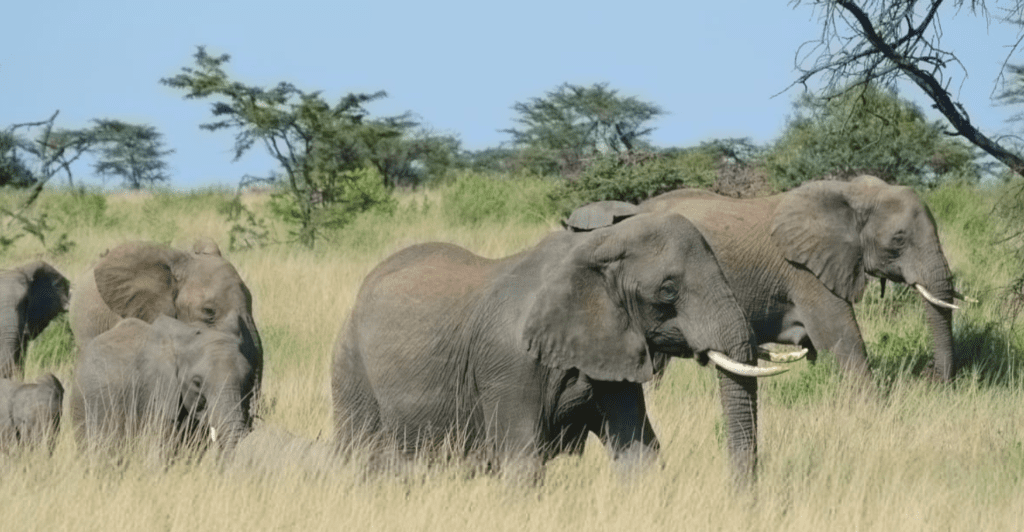The World Bank has stopped disbursing funds for a tourism development project in southern Tanzania following reports of violence, sexual assaults, and forced evictions.
This action was taken as part of an investigation into the Resilient Natural Resources Management for Tourism and Growth (Regrow) project after allegations emerged of severe human rights violations around Ruaha National Park.
The park was set to double in size as part of the World Bank-supported initiative.
A spokesperson for the World Bank stated, “The World Bank is deeply concerned about the allegations of abuse and injustice related to the Resilient Natural Resources Management for Tourism and Growth (Regrow) project in Tanzania.”
The bank’s investigation revealed possible breaches of its policies, leading to the immediate suspension of further financial support.
The suspension affects a projected $50 million in additional funding, on top of the $100 million already provided for projects like road construction, viewing areas, and wildlife monitoring.
These initiatives were designed to bolster tourism infrastructure and enhance security.
Concerns over human rights violations were initially raised by the Oakland Institute, a US-based think tank.
In a report released in September 2023, the think tank documented a range of abuses by Tanzanian rangers against villagers accused of encroaching on the park.
The abuses included killings of cattle herders and fishers, confiscation of livestock, and rape of women.
Following the World Bank’s decision, Anuradha Mittal, executive director of the Oakland Institute, remarked, “It sends a resounding message to the Tanzanian government that there are consequences for its rampant rights abuses taking place across the country to boost tourism.
The days of impunity are finally coming to an end.”
Despite the World Bank’s investigation, the Tanzanian government continued with its plans to redraw the boundaries of Ruaha National Park, which could lead to the displacement of 21,000 people.
The Oakland Institute reported that human rights abuses have persisted, including the killing of a 21-year-old cattle herder and the seizure and sale of thousands of cattle in 2023.
Anuradha Mittal further emphasized the need for the World Bank to take more decisive action, saying, “The government’s plan to expand the park cannot go forward against the will of local communities, who will lose everything from such an expansion.
In addition to preventing forced evictions, the bank must focus on how to remedy the harms caused to the villagers who have lost loved ones to ranger violence or had their lives devastated by livelihood restrictions.”
As of the time of publication, the Tanzanian government had not responded to requests for comment.
